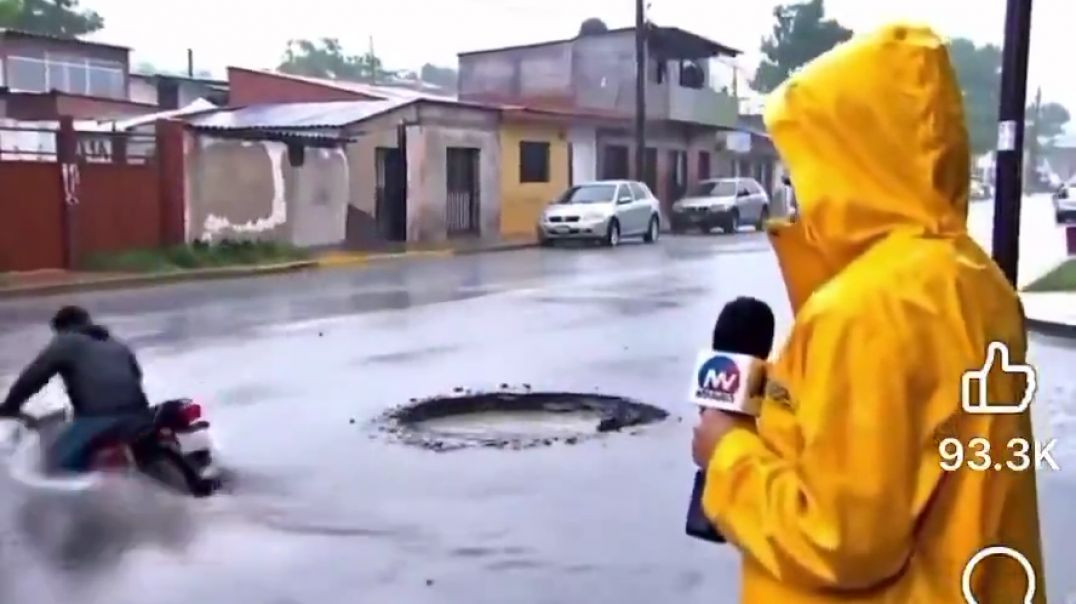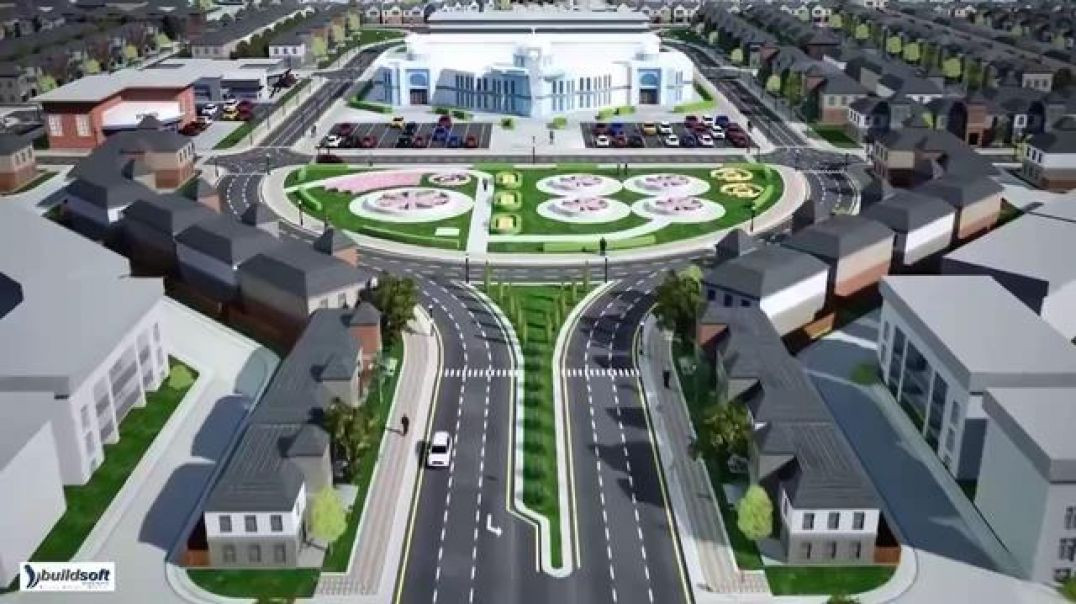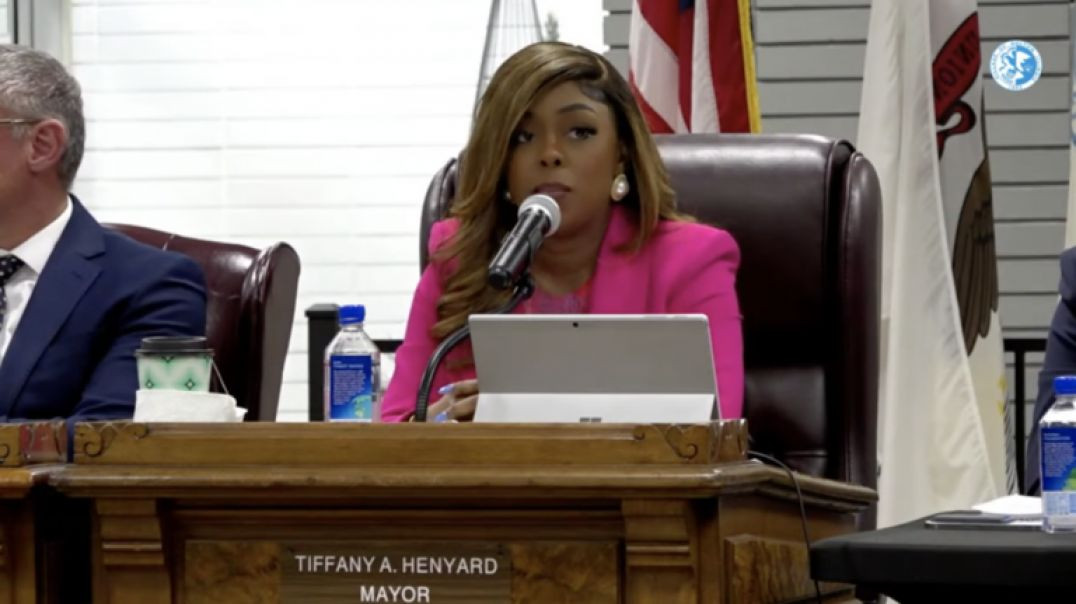Live streaming on Altcast.TV is now available!
EDMONTONIANS ARE UPSET THE CITY DID'T ASK IF WE WANTED 🏙 15 MINUTE CITIES BEFORE IMPLEMENTING T
Source: https://t.me/c/1437514780/2972 🍁
Times Beach was the exercise; "White Noise' and the city of East Palestine, Ohio were the predictive programming scenario
Perhaps you'll check with YOUR city council to see if similar plans are afoot
https://edmonton.citynews.ca/2....023/01/31/15-minute-
https://www.bcrise.com/nationa....l-news/edmonton-want
Excerpt to follow:
SHAPING THE CITY
on page 35 it claims the transportation infrastructure will be “barrier free for all users” except for those who want freedom where they roam.
Another focus for the city plan is trying to make individuals stop using personal vehicles and discourage private vehicle ownership brings by redesigning the transportation system and moving away from “individual travel by car to one that prioritizes a broader array of movement options.”
“Enable emerging technologies and shared transportation models that reduce reliance on single occupancy vehicle use.” the city plan says.
Under the section titled “Edmonton advances equity through access to universally accessible spaces, services, facilities and transportation networks.” it will actively try to get individuals out of their own vehicles and into a collective public transportation, which it claims will “Support inviting and inclusive transportation options for Edmontonians of all ages, abilities and incomes.”
Support a low-carbon mobility system. page 76
“Encourage a shift to transit and active transportation options.”
“Enable publicly accessible electric vehicle charging and encourage new developments
to be electric-vehicle ready.”
page 126 Efficient Use of Infrastructure
“Our road network will evolve in step with our city. In a rebuildable city we will need to reimagine some of our road rights-of-way, from being primarily auto-oriented thoroughfares to complete streets that act as both a travel way for people and a destination in their own right. Nowhere will this be more true than in the system of nodes and corridors where roads will be designed with that in mind. This could mean narrower lanes, slower speeds, restrictions on turning movements or reductions in parking.”
page 64 they want to increase data collection and sharing.
The plan talks about increasing the collection and sharing of data between government, institutions and non profit groups to “support access to employment and a broad range of economic opportunities for all of Edmonton’s diverse communities.”
The city plan doesn’t get in to any details about what information will be collected and shared as it just stats it will “Collect and share data with public, institutional and not for profit groups.”
The feedback
The city ran some survey and event to gather feedback from the public, while in total less than 1500 people participated in the feedback. Residents feel placement of “supervised consumption services”, where drug addicts are allowed to consume crack cocaine and crystal meth, attracts to much crime to their surrounding areas and would be a safety issue for the community and the cities plan lacks any details about them.
Some comments were unsupportive of existing residents having to pay for the infrastructure upgrades to accommodate increases in density.
● The policy was criticized as focusing too much on quick wins as opposed to a long-term vision.
● 13% of the open-ended comments expressed opposition to the District General Policy’s direction.
In the feedback to the cities plan on the topic of “Urban Design and Active Transportation.” they strangely classed questions about roads and parking as “Out-of-project scope”, one would think it makes logical sense to include solutions for roads and parking when planning city infrastructure.
● Out-of-project scope comments were mainly concerned with previous infrastructure project flaws, the removal of automobile infrastructure (roads/parking) for bike lanes and the subjectivity of “attractive” design
Some comments were unsupportive of existing residents having to pay for the infrastructure upgrades to accommodate increases in density.







![NATALEE HOLLOWAY REAL LAST MINUTE PHOTOS 📸 [CHRONOVISOR]](https://s3.us-central-1.wasabisys.com/altcast1/upload/photos/2025/05/gc5GwSfHAssyfNHQfSAw_30_1be7683444bb12e31f3b2e5952ffcc93_image.jpg)


![FLUORIDE OPPONENTS SCHOOL 🏫 DALLAS CITY COUNCIL [MAY14, 2025]](https://s3.us-central-1.wasabisys.com/altcast1/upload/photos/2025/05/KWI5z3ag8Ged2osSt66A_15_0d2fb9e42e79019b318f388abdd049dd_image.jpg)










